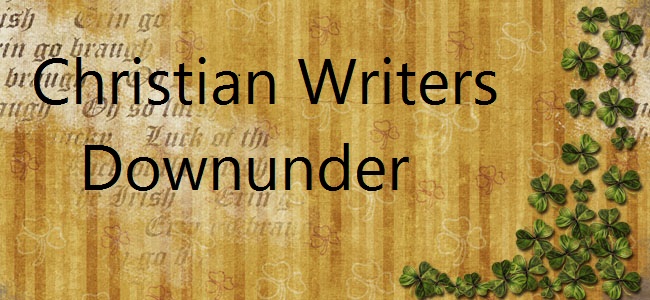This week I did a painting, by Angelica Kauffman, called Four children with a Basket of Fruit. (Public domain) As I looked at the paint palette, I wondered about even starting. The colours were so dark. Even when I was nearly finished, there seemed very little light. But the end product amazed me. All that darkness focused my eyes on one girl, the same one that the other girls were looking at. She held the fruit, but it was incidental, made that way by the artists skilled use of colour.
The other art I’ve been exploring is ‘acrylic pour’ art.
The artist pours thin paint on a canvas and mixes or moves the colours by various random methods; for example blowing, tipping, spinning. The methods seem endless and the results can be astonishingly beautiful. But is this really art? We have many skilled artists in our midst whose minute attention to detail is incredible. Pour art can’t even be compared to ‘real’ paintings. But they have found a niche. (On the right is one of myattempts. It is coaster size.)Maybe the
key word is Skill.
"What then is art? An art is an exceptional piece of expression. A story. A poem. A sculpture. A movie. Some of these may transcend to become works of art. But you need skill to get there."
( Abhideep. https://www.quora.com/Is-writing-a-skill-or-an-art)
Skill moves art to a ‘work of art’. But skill without concept and talent is nothing.
Some artists outline their picture before they begin. Others just pour paint but, as they narrate, it becomes clear they too have a result in mind. They both possess a deep understnding of colour.
Some writers meticulously outline their stories. Others throw words on paper. Both methods are valid but what is common is the need for skill in the editing room. My best stories emerge under the time pressure of NaNoWriMo - writing 50,000 words in a month. It is just like pouring paint. Let the words flow and see what happens. I have two wonderful stories written this way. But they are a long way from works of art, a long way from appearing in a form the reader would enjoy, or even grasp the story I want to protray.
Skill is needed to polish those manuscripts. Justin Fenech puts it this way.
'Its is easy to write. But immpossibly hard to write damn well. Many people think they can write. But writing is perhaps more nuamced than any other art form available to man,"
https://justinfenech.wordpress.com/2018/09/02/7-reasons-why-writing-is-art/
Most artists instruct their students that mistakes don't matter. Thay can be repainted. I've watched pour-artists scrape large protions off the canvas onto the table because they know it can be better. Likewise we've all heard of whole scenes from a book falling to the editing room floor. Not because it wasn't good, but because it didn't serve the whole.
As do artists, we writers have to ask ourselves the hard questions. Does this scene develop the story or the character? Is it really necessary or does it muddy the picture? Is there enough light and dark? Does the story ebb and flow? Are there spots that 'pop'?
A writer I know laments the difficulty of seeing her work as a whole. She envies the artist who can stand back and view the whole canvas. As writers, we don't have the same luxury. Our editing is long, time consuming and demanding. Bata readers can be a great help. They can see the glaring mistakes. And then we go back to the editing room...again.
And like any artist we have to work out when the task is done and the book is finished. Even after that there is line editing, word searches, cover preparation and more. These elements polish the final product as matting and framing display a work of art.
So is writng an art or a skill? Let me quote from Quora again.
"If its an art, well there is not much we can do about it. If its a skill however, it loses its romantic sheen. To master it then you have to spend long, at least appreciable amount of time with it." https://www.quora.com/Is-writing-a-skill-or-an-art
Infortunately, I agree with him. What do you think?
Jo Wanmer lives in Sunny Queensland with her Husband of fifty years and a toy poodle with attitude. Her first book, 'Though the Bud be Bruised', won the Caleb unpublished manuscript award and was published in 2012. Several other short stories and articles have also been published. At the moment her editing floor is littered with rejected bits and pieces. It is so messy it takes courage to even enter there!




Great exploration, Jo. You paint a colourful and nuanced picture of the writing process. I was musing just the other day how convenient it would be if I just knew how to do things, or at least, knew what I need to know I need to know to know how to do things so I can learn how. But the only way is by putting in the effort to discover and learn and practice, even if you have a strong inclination towards a particular skill. And sometimes you have to learn things you have no interest in because, without that knowledge, you'd be ineffective at pursuing the things that are interesting and important.
ReplyDeleteBut then, satisfaction comes from having followed through, having gained experience and expertise that enables one to apply and create, and having the wherewithal to help others along the journey, just as you have done here.:)